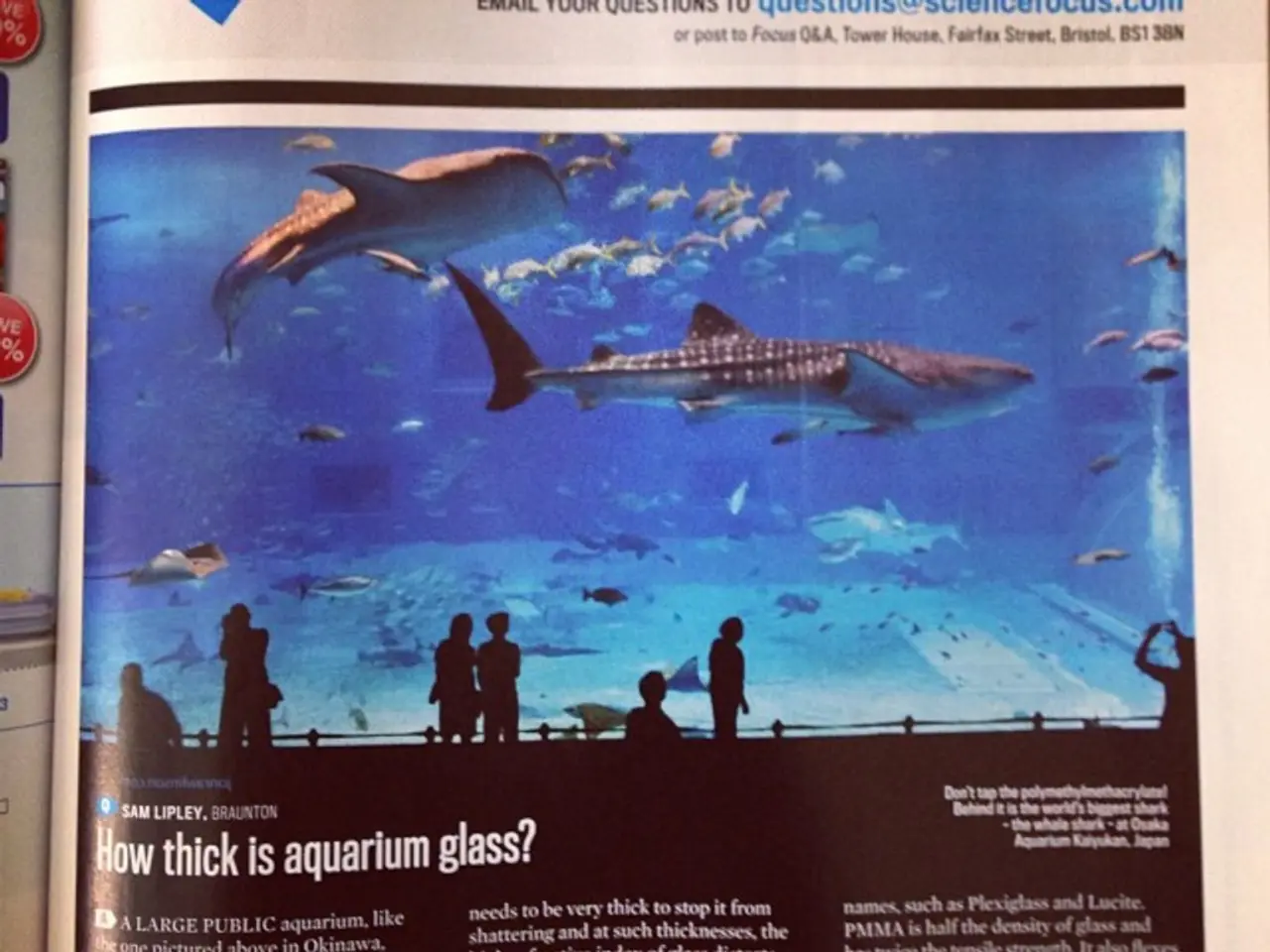In fishing industry, migrant workers in Taiwan face reports of mistreatment, injuries, and fatalities despite the country's reputation for liberal values.
In the vast expanse of the Pacific Ocean, Silwanus Tangkotta, an Indonesian migrant fisherman, faced a harrowing ordeal while working aboard a Taiwanese fishing boat. Tangkotta, who hails from Jakarta, was attracted by promises of better pay but instead found himself enduring extreme working conditions, physical violence, and wage theft.
Unlike most migrant workers in Taiwan, distant-water fishermen operate under a different set of rules and are excluded from Taiwan's Labor Standards Act. This means they lack protections for overtime pay and health insurance that others are entitled to. This regulatory gap, coupled with the informal nature of employment, complicates enforcement and monitoring of labor standards.
Tangkotta spent up to four months at a time on the vessel, working 18-hour shifts with only brief rests in between. A heavy wave crushed his middle and ring fingers, yet he was denied compensation despite being hospitalized in Taiwan. His captain refused to return to port for medical attention, citing insufficient fish catch.
Wage theft is one of the most widespread problems faced by migrant fishermen, with devastating consequences for families. In 2023, 10 Indonesian crew members aboard the You Fu vessel were owed 15 months of wages, while they were out at sea with no way to contact families or verify payments. Food was insufficient and often ran out quickly on the boat, and it had no internet, cutting the crew off from their families and preventing them from seeking help.
The use of Flags of Convenience and deceptive recruitment practices further exacerbate these issues. Migrant fishers recruited from Southeast Asia often experience deceptive recruitment practices, with recruitment channels lacking transparency and robust protections.
The Yilan Migrant Fishermen Union, based in a fishing port in northeastern Taiwan, stated that political will to protect the rights of over 20,000 Indonesian and Filipino workers in Taiwan's distant-water fishing industry is lacking. The union calls for stricter regulatory frameworks aligned with international labor standards like the ILO Work in Fishing Convention (C188). Cooperation between Taiwan as a crew hiring country and labor-supplying Southeast Asian countries is essential to establish ethical recruitment, enhance transparency, provide pre-departure training, and strengthen bilateral labor protections.
Experts stress the need for these changes, as without stronger regulation, enforcement, and international collaboration, labor rights violations—forced labor, deceptive recruitment, violence, excessive working hours, and wage theft—are likely to persist.
A solution proposed by Achmad Mudzakir, a fisherman who serves as the leader of FOSPI, a Taiwan-based NGO that supports other crew members, is requiring WiFi access for all migrant fishermen. This would allow them to check their pay and seek help from NGOs, even from the middle of the ocean.
Recent developments have shed light on the extent of these issues. The US Department of Labor has listed Taiwan's distant-water fishing industry as showing signs of forced labor, highlighting issues such as deceptive recruitment, withheld wages, physical violence, and extreme working hours. Four Indonesian fishermen filed a landmark federal lawsuit against US canned-food giant Bumble Bee Foods, alleging that the tuna giant "knowingly benefitted" from forced labor, debt bondage, and other abuses in its supply chain. This is the first known case of fishing boat slavery brought against a US seafood company.
Regulations preventing migrant workers from switching jobs without returning to their home country or paying new agency fees should be scrapped, as they discourage workers from reporting abuse for fear of dismissal and incurring debt.
As the world's second-largest distant-water fishing fleet, Taiwan supplies tuna, squid, and other seafood to supermarkets across the world, including the US and Europe. It is crucial that these global supply chains are underpinned by ethical labor practices to ensure the rights and welfare of all workers, not just a select few.
- The calls for stricter regulatory frameworks in Asia, similar to the ILO Work in Fishing Convention (C188), are essential to address the widespread problems in the world's science, specifically the health-and-wellness concerns of migrant fishermen.
- The use of ethical recruitment practices, enhanced transparency, pre-departure training, and strengthened bilateral labor protections are essential steps towards ensuring the health-and-wellness of migrant fishermen, a concern that extends beyond the shores of Asia and impacts the world.




